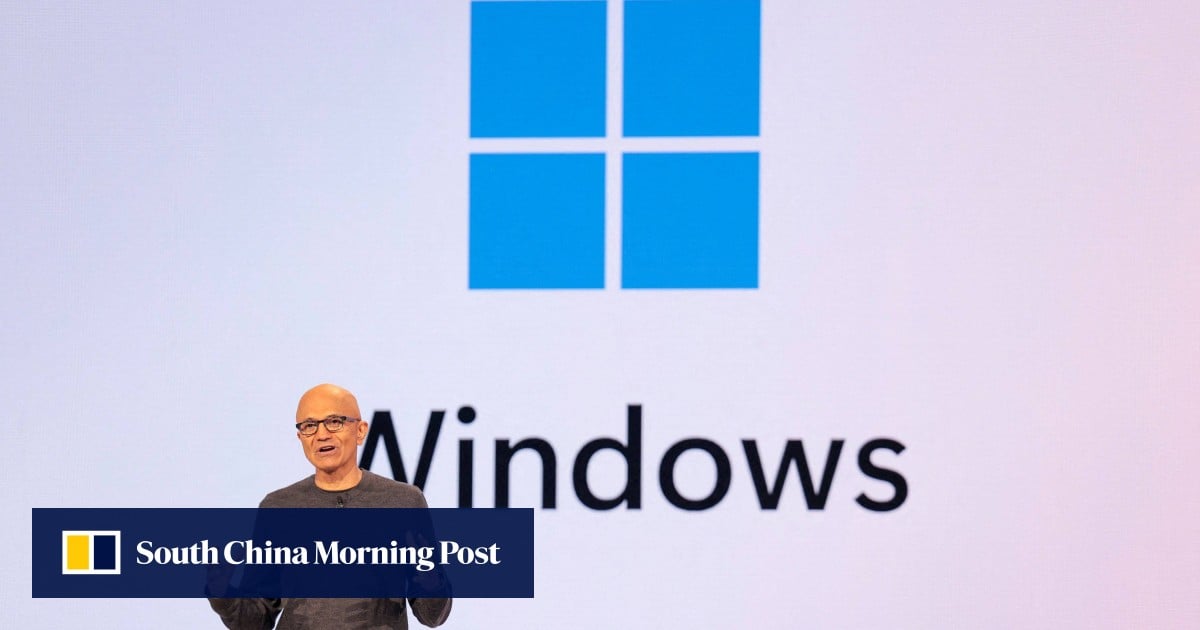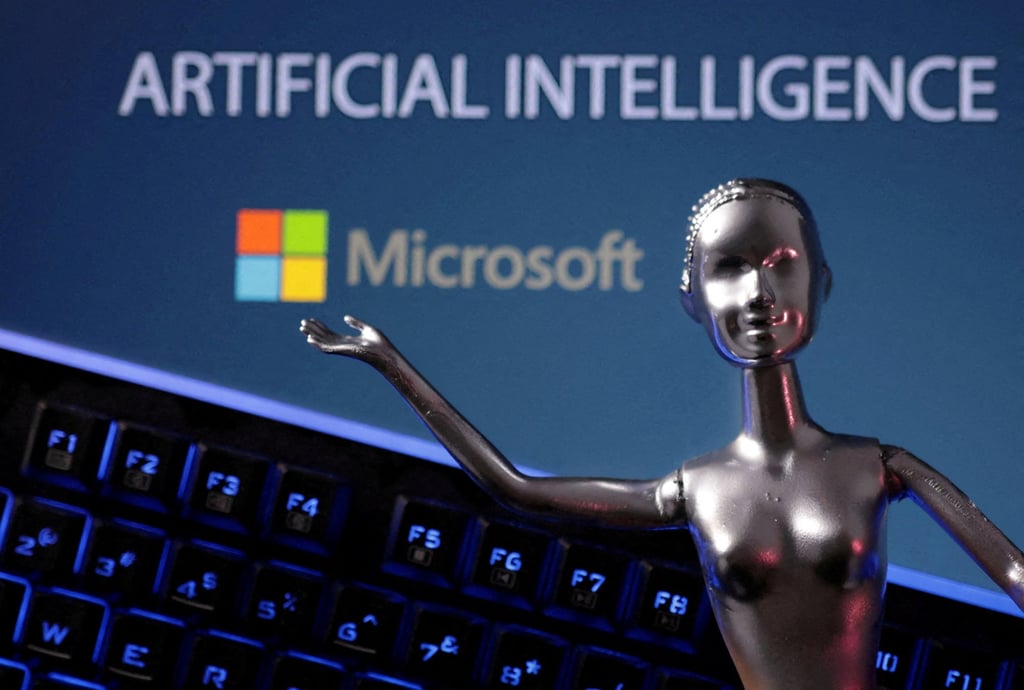
Microsoft wants to remake the internet, and AI agents are key to its plan
Microsoft sees artificial intelligence transforming the internet as fundamentally as mobile phones have over the past two decades. But the technology’s limitations could curb its grand vision.
Generative AI – which creates content based on a user’s request – burst into the zeitgeist in late 2022 when Microsoft-backed OpenAI launched ChatGPT, a conversational chatbot that could take a simple request and generate anything from a limerick to a college essay.
Less than three years later, Microsoft has a plan to move beyond ChatGPT and its copycats by creating the foundation for a new version of the internet.
Microsoft calls it the “open agentic web”, with users sending AI-powered “agents” out into the void to do their bidding. Casual consumers primarily interact with AI now through a Google search – one that repeatedly drums up false answers – or a ChatGPT-style chatbot that generates a conversation.

In Microsoft’s eyes, chatbots are old news.
关于《Microsoft wants to remake the internet, and AI agents are key to its plan》的评论
发表评论
摘要
相关讨论
- IOS Developer (Early-stage employee/co-founder)
- 新西兰Mobile App寻找天使投资/或者一起创业的伙伴!
- 请问大家如何通过app store的审核?
- Global Recycled Polyester Staple Fiber Market Booms Amid Growing Demand for Sustainable Textiles
- Global Neck Cream and Mask Sales Market Surges with Demand for Targeted Skincare Solutions and Anti-Aging Innovations
